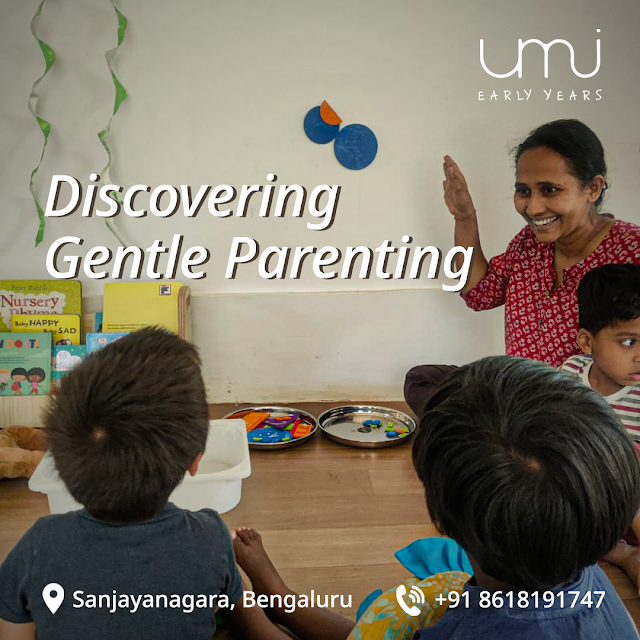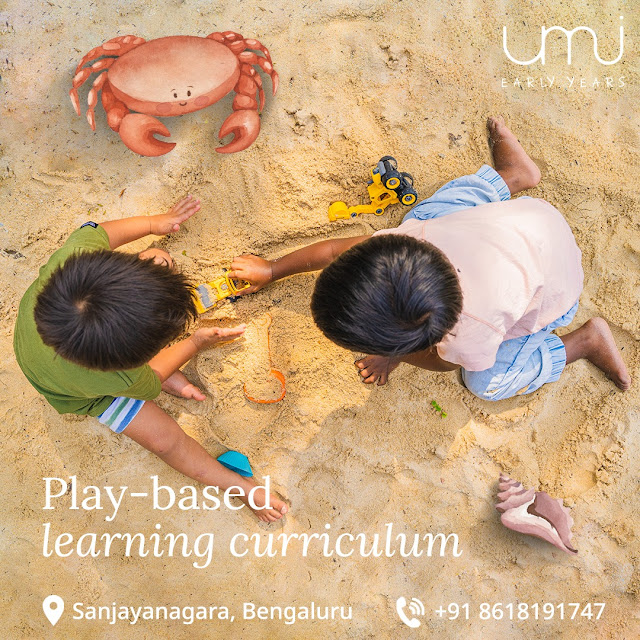Discovering Gentle Parenting
Yes! That was it. I wanted to be a gentle parent. Please internet, tell me how to be a gentle parent so I can stop yelling and losing my mind with my kids! I just wanted to know the steps and I was ready to go into the “gentle parenting diet”. That was my analogy. Much like a diet where you are told what to eat for breakfast, lunch and dinner, I was ready to take the steps needed to make myself a gentle parent ASAP.
I was dealing with 2-under-2 which means two kids under the age of two with mine being specifically 15 months apart from each other. Toddlerhood plus baby was over-stimulating and back breaking but somehow, we got through it. One night, right before bedtime, when my girls were 4 and 2, my older one fell and hit her forehead at the corner of our wardrobe. She cut herself so deep that I was able to see her skull bone. I still cringe at the thought! It was traumatizing to see so much blood and then have to rush her to the hospital to get so many stitches in three layers. The very next day, she fell again face-first down the steps. I lost it! “Why are you falling!? I’m just trying to keep you safe!” I shouted and shook her out of desperation and helplessness. She cried. It was not my proudest moment. For months after this, every time she fell, she acted like she was fine like she wasn’t hurt. She was suppressing her physical pain to prevent me from worrying and lashing out at her. You see, she was trying to fulfil my need for her safety. I knew something had to change.
This is when I stumbled upon Dr Shefali. She is a clinical psychologist and the author of four best-selling books that talk about conscious parenting. Parenting consciously is the inner work we must do to become aware of our fears and triggers so that we can transform our ability to connect with our children.
You see, in this example if my child doesn’t fall and get stitches and everything is perfect and predictable, I feel I am in control. And why do we want to control it? It gives us a feeling of safety and comfort and this allows us to feel successful and worthy as parents. It’s a hard pill to swallow. Our ego takes so much control of our emotional reactions that we lose awareness of our child’s true essence. In this scenario, I needed to have compassion and I needed to assure her that she was safe with me. More on the lines of “You fell again, that’s okay, it was an accident, you need to be more careful next time. I’m here to help you. This ice patch will make you feel better” while embracing her. I worked on repairing for many, many months reassuring her time and time again that it was okay to cry and that I wouldn’t get angry with her again.
Conscious parenting is not just about parenting your child; it's also about reparenting ourselves to be able to care for our children the way they deserve—with empathy, respect, and age-appropriate boundaries. This is the basis of gentle parenting.
Sometimes, parents misunderstand gentle parenting and think it means being permissive, allowing children to take over the house, eat ice cream before bed, and watch TV all day. However, that couldn't be further from the truth.
I will give you an example that happened just the last week, but before let me preface that after the summer holidays, when there was TV time every day, we sat down and between the three of us came up with a schedule to allow TV or screen time at home as a collaborative exercise, co-creating this house rule, versus a top-down, my-way-or the-high-way approach. We agreed it would be Fridays, Saturdays and Sundays.
One Wednesday afternoon I told my seven-year-old to play independently while I finished some work at home. Within a matter of 15min, my five-year-old arrived home from her ballet class and noticed that without my permission, my older one had taken my iPad and given herself a good 15 minutes of screen time. My five-year-old was furious and immediately started complaining, “I also want to watch the iPad! That’s not fair! I’ll also watch for 15 minutes”, she went on and on getting louder and finally throwing herself on the floor, kicking and screaming. Sound familiar? With the conscious parenting work I had done, I was able to pause before reacting and these were the steps I took:
I came close and sat next to her.
I started saying out loud what she was probably feeling: “You are very mad. You also want screen time and you think this is very unfair and now you don’t know how to manage your emotions”, “Yes!” She cried, “It’s so hard!”.
I then reiterated that I was not going to let her watch the iPad.
And then I sat with her and consoled her, just as a mother would comfort a sick child, cleaning her tears and reassuring her that everything was going to be alright. After she calmed down, we got distracted by something else and that was the end of that.
I try to remember these 7 principles when trying to practice gentle parenting:
- Set boundaries with love: They create a secure and consistent environment. These boundaries should be set out of love not control or power.
- Empathy: This allows us to connect with our children on a deeper level and try to understand them from a place of compassion.
- Mindful communication: Involves listening, validating their emotions, and responding with patience and understanding. A really hard one for me, but brings me to my next point.
- Modelling Behaviour: Demonstrating kindness, respect, and emotional regulation teaches children valuable life skills on how to emulate those behaviours. If we yell, our children will yell. Children imitate what they see.
- Connection: Setting time aside from our busy days to truly connect with our children. This can look like sitting down at the dinner table every evening to talk about their day, engaging in play, and other types of activities such as travel.
- Recognizing Individuality: Each child is unique and comparisons with siblings, cousins or friends should be avoided. Celebrating each child for whom they allow them to grow into their individuals helps their self-esteem tremendously.
- Positive Discipline: The toughest one. The one that throws punishments and threats out the window. This way of discipline focuses on teaching and guiding and addressing each challenge with patience and understanding.
As you start on the gentle parenting journey with me, let’s remember that we are not aiming for perfection but rather progression and our continuous commitment to learning and growing with our children. I truly believe that this generation of parents has figured out something special about how to raise children that will later contribute to a more compassionate world. Here’s to creating those strong bonds with our little ones!
Author,
Karina A Shetty,
Mom | Marketer | Content Creator | Community Builder



Comments
Post a Comment